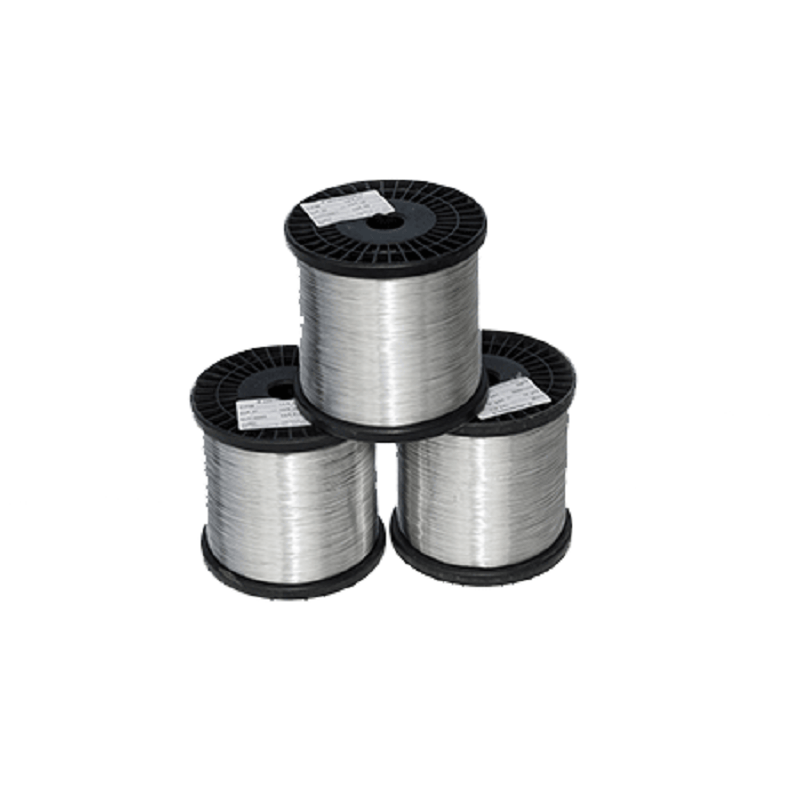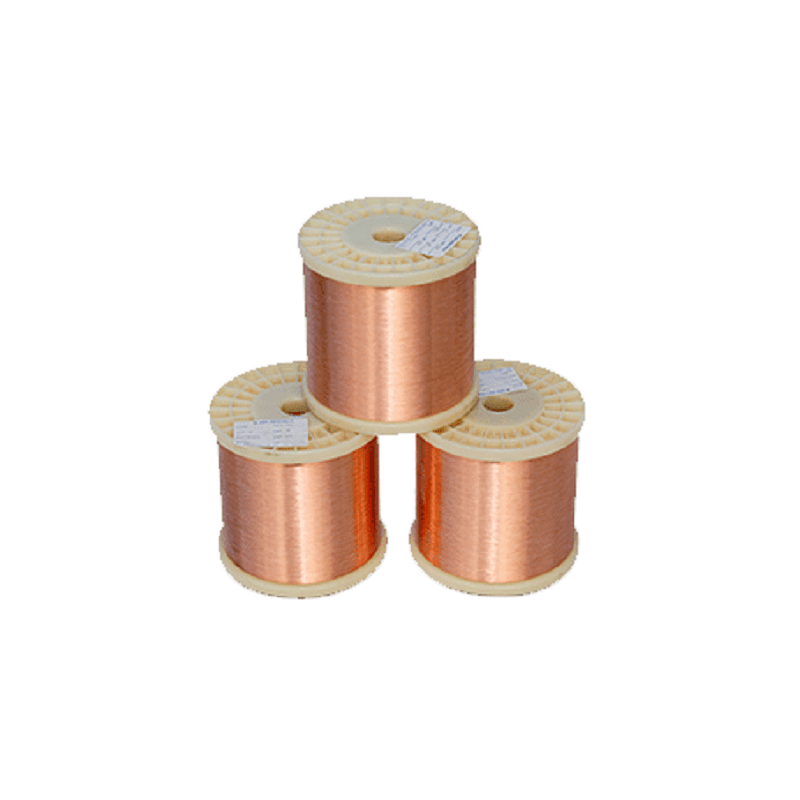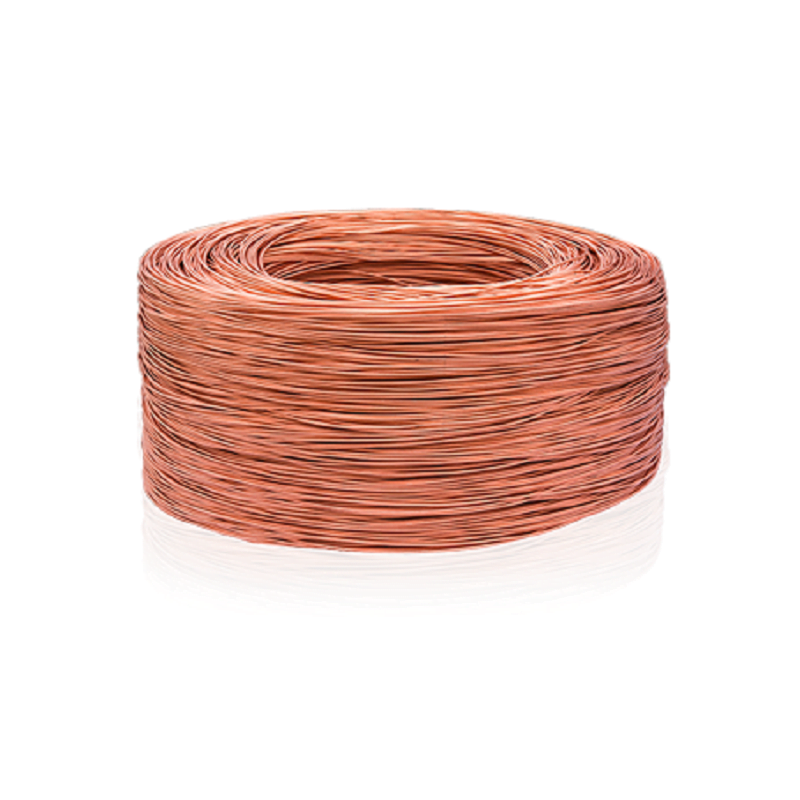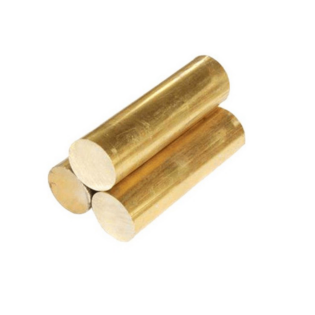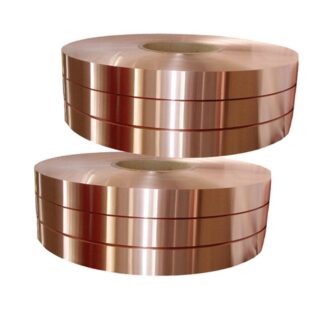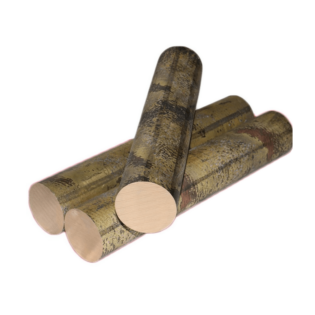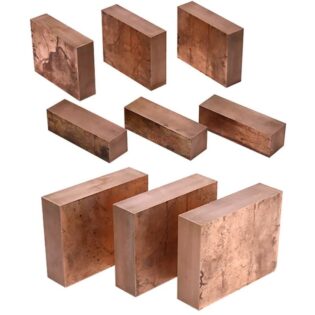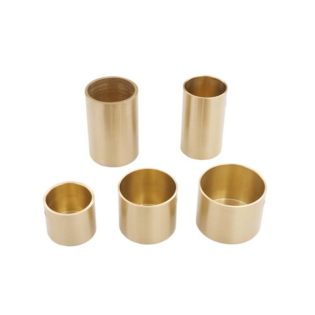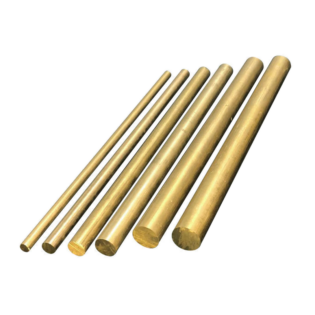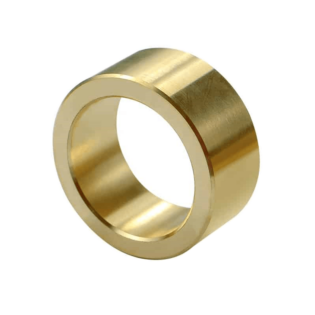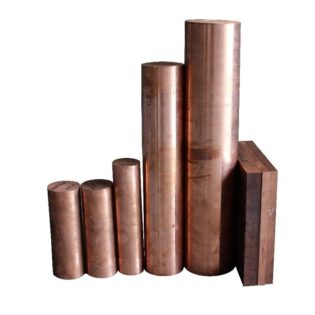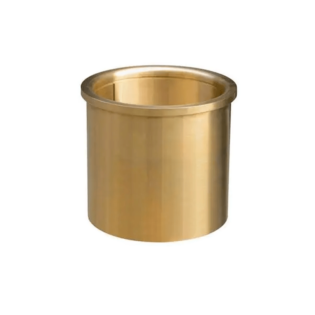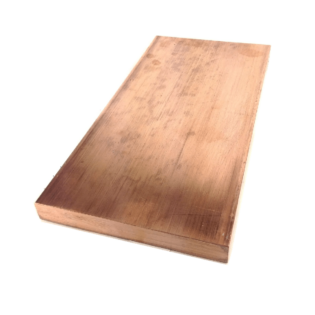Φ3.0mm high conductivity round copper wire and Φ0.10mm-Φ2.99mm bare copper wire
Model/Status: TY, TR
National standard: GB/T3953-2009
The resistivities of the Φ3.0mm high conductivity round copper wire and Φ0.10mm-Φ2.99mm bare copper wire produced by our company are both ≦0.01745.
They are characterized by excellent conductivity, strong tensile strength and high elongation. The products are mainly used in new applications.
Energy vehicles, rail transit, power equipment, information technology, national defense industry, smart grid, solar photovoltaic power generation and other fields.
Copper conductor description
High-end copper conductor products mainly include conductive copper rod, high-precision electrical round copper wire, tinned soft round copper Conductor wire, soft copper stranded wire and other series of varieties.
| Nombre | State/Model | Diámetro (mm) | Diameter & Allowable Deviation(mm) | Tensile Strengt(N/mm2) | Torsión | Alargamiento(%) | Electrical Resistivity(Ω·mm2/m) | |
| Foreward | Reverse | |||||||
| GB | GB | GB | GB | GB | GB | GB | GB | GB |
| Copper wire for electrical purposes | T1M20 | Φ8.0 | ±0.4 | - | 25 | ≧25 | ≧40 | ≦0.01707 |
| Round copper wire for electrical purposes | TY | Φ3.0 | ±Diameter×1% | ≧389 | - | - | ≧1.0 | ≦0.01770 |
| Round copper wire for electrical purposes | TR | Φ1.0-Φ3.20 | ±Diameter×1% | - | - | - | ≧25 | ≦0.017241 |
| Round copper wire for electrical purposes | TR | Φ0.10-Φ0.125 | ±0.003 | - | - | - | ≧10 | ≦0.017241 |
| Φ0.126-Φ0.30 | ±0.004 | - | - | - | ≧15 | |||
| Φ0.301-Φ0.38 | ±0.004 | - | - | - | ≧20 | |||
| Φ0.381-Φ0.57 | ±Diameter×1% | - | - | - | ≧20 | |||
| Φ0.571-Φ0.68 | ±Diameter×1% | - | - | - | ≧25 | |||
| Tinned round copper wire | TXR | Φ0.12-Φ0.125 | 0.006 | - | - | - | ≧12 | ≦0.01802 |
| -0.003 | ||||||||
| Φ0.126-Φ0.25 | 0.01 | - | - | - | ≧12 | ≦0.01802 | ||
| -0.004 | ||||||||
| Φ0.251-Φ0.40 | 0.01 | - | - | - | ≧15 | ≦0.01770 | ||
| -0.004 | ||||||||
| Φ0.401-Φ0.50 | +Diameter×2% | - | - | - | ≧15 | ≦0.01770 | ||
| -Diameter×1% | ||||||||
| Φ0.501-Φ0.68 | +Diameter×2% | - | - | - | ≧20 | ≦0.01760 | ||
| -Diameter×1% | ||||||||
Advantages of Copper Conductor
Low resistivity
The resistivity of aluminum core cable is about 1.68 times that of copper core cable.
Good ductility
The elongation rate of copper alloy is 20~40%, the elongation rate of electrician’s copper is more than 30%, and the elongation rate of aluminum alloy is only 18%.
Alta resistencia
The allowable stress at room temperature is 7~28% higher for copper than for aluminum. Especially for stress at high temperatures, the difference between the two is even more distant.
Anti-fatigue
Aluminum bends and breaks easily, copper does not. Copper is also about 1.7 to 1.8 times more elastic than aluminum.
Good stability, corrosion resistance
The copper core is resistant to oxidation and corrosion, while the aluminum core is easy to oxidize and corrode.
Large current carrying capacity
Due to the low resistivity, the allowable ampacity (the maximum current that can pass) of a copper core cable of the same cross-section is about 30% higher than that of an aluminum core cable.
Low voltage loss
Due to the low resistivity of copper core cables, when the same current flows through the same part. Copper core cable has a small voltage drop. The same transmission distance can ensure higher voltage quality; when the voltage drop is allowed, copper core cables can reach a long distance, that is, the power supply coverage area is large, which is beneficial to network planning and reduces the number of power supply points.
Low heating temperature
Under the same current, the heat generated by copper wires of the same cross-section is much lower than that of aluminum core cables, making the operation safer.
Low energy consumption
Due to the low resistivity of copper, it is obvious that the power loss of copper cables is lower than that of aluminum cables. This helps improve power generation efficiency and protect the environment.
Anti-oxidation, corrosion-resistant
The connectors of copper core cables have stable performance and will not cause accidents due to oxidation. When the joints of aluminum core cables are unstable, contact resistance increases due to oxidation, and accidents occur due to heat generation. Therefore, the accident rate is much greater than that of copper core cables.
Convenient structure
The copper core is flexible, has a small bending radius, is easy to rotate, and the pipe is easy to wear; the copper core is fatigue-resistant, is not easily damaged after repeated bending, and is easy to wire; the copper core has high mechanical strength and can withstand large mechanical tension, making it a good choice for construction and construction belts It brings great convenience and creates conditions for mechanized construction.
